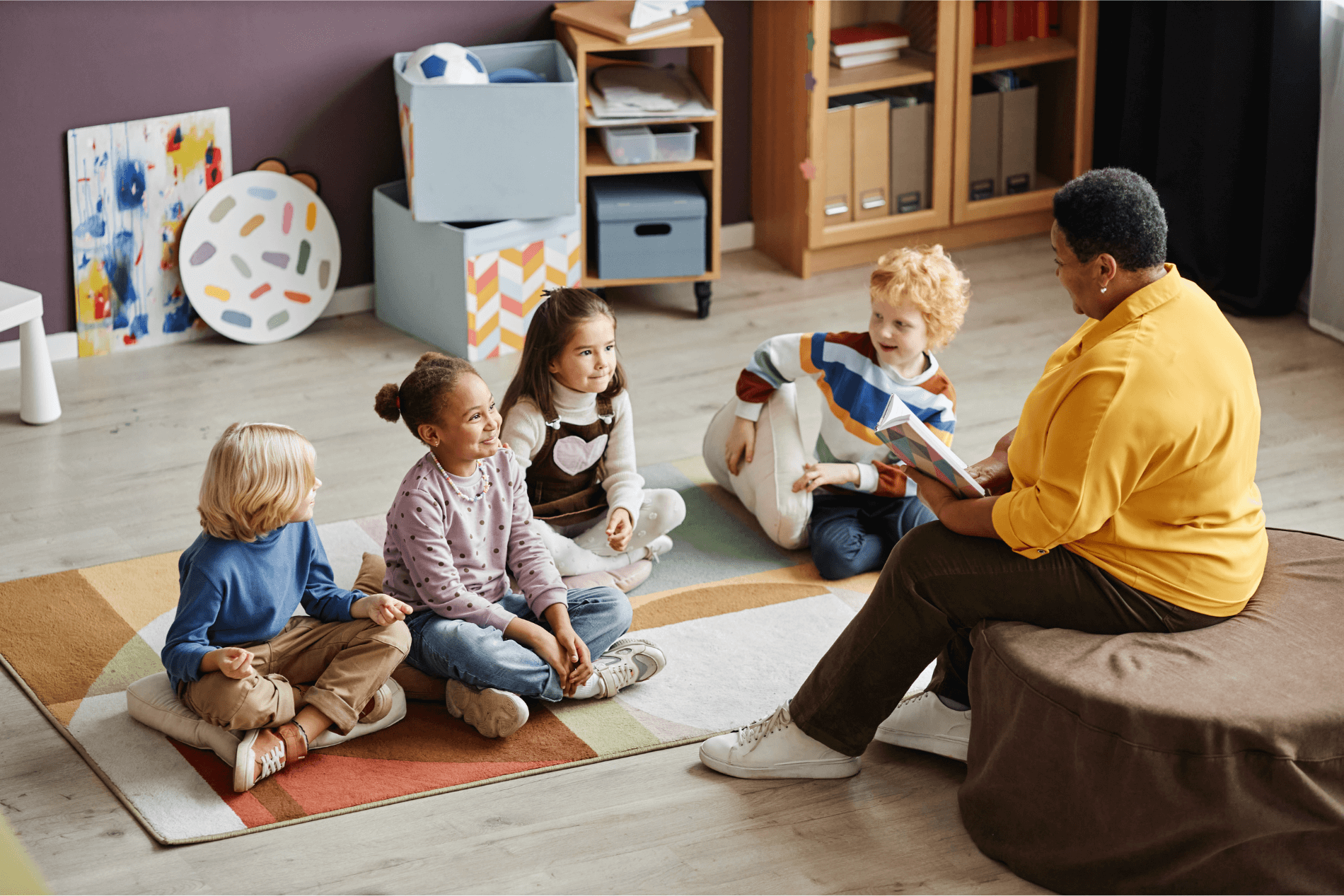We Moved! Visit us at
605 25 Rd, #100, Grand Junction, CO 81505
School Accommodations for Children With Hearing Health
Return to Blog

School Accommodations for Children With Hearing Health
Ensuring that children with hearing loss receive appropriate accommodations in the school setting is paramount for their academic success and overall well-being. In this article, we’ll explore the significance of school accommodations for children with hearing loss, list common accommodations available, and highlight resources to support their educational journey.
Children with hearing loss encounter distinct challenges in the classroom. These may include difficulties understanding speech, participating in group discussions, and accessing auditory information. Untreated hearing loss can profoundly affect a child’s academic performance, social interactions, and emotional development.
School accommodations entail modifications or adjustments made to the learning environment to cater to the specific needs of students with hearing loss. These accommodations play a crucial role in ensuring equitable access to education and fostering an inclusive learning environment conducive to the success of all students.
Several accommodations are commonly employed to support children with hearing loss in the classroom. These include preferential seating near the teacher, utilization of FM systems or hearing loops for sound amplification, provision of written or visual aids to supplement auditory information and allowance of additional time for assignments or tests.
Children with hearing loss may qualify for an Individualized Education Plan (IEP) or a 504 Plan, depending on the severity of their hearing loss and its impact on their learning. These plans delineate specific accommodations, services, and supports that the school will provide to address the child’s unique needs and facilitate academic success.
Resources for Schools and Educators
Schools and educators have access to a plethora of resources to support students with hearing loss. These resources may include training programs on hearing loss awareness and accommodations, provision of assistive listening devices, availability of educational materials tailored for children with hearing loss, and establishment of partnerships with hearing health professionals.
Parents and caregivers play a pivotal role in advocating for their child’s needs within the school environment. This may entail collaborative efforts with school staff to develop appropriate accommodations, active participation in IEP or 504 Plan meetings, and staying informed about their child’s rights under the Individuals with Disabilities Education Act (IDEA).
Providing suitable accommodations and unwavering support in the school setting is indispensable for children with hearing loss to thrive academically and socially. By fostering collaboration among educators, parents, and hearing health professionals, we can establish inclusive learning environments where every child can reach their full potential.



